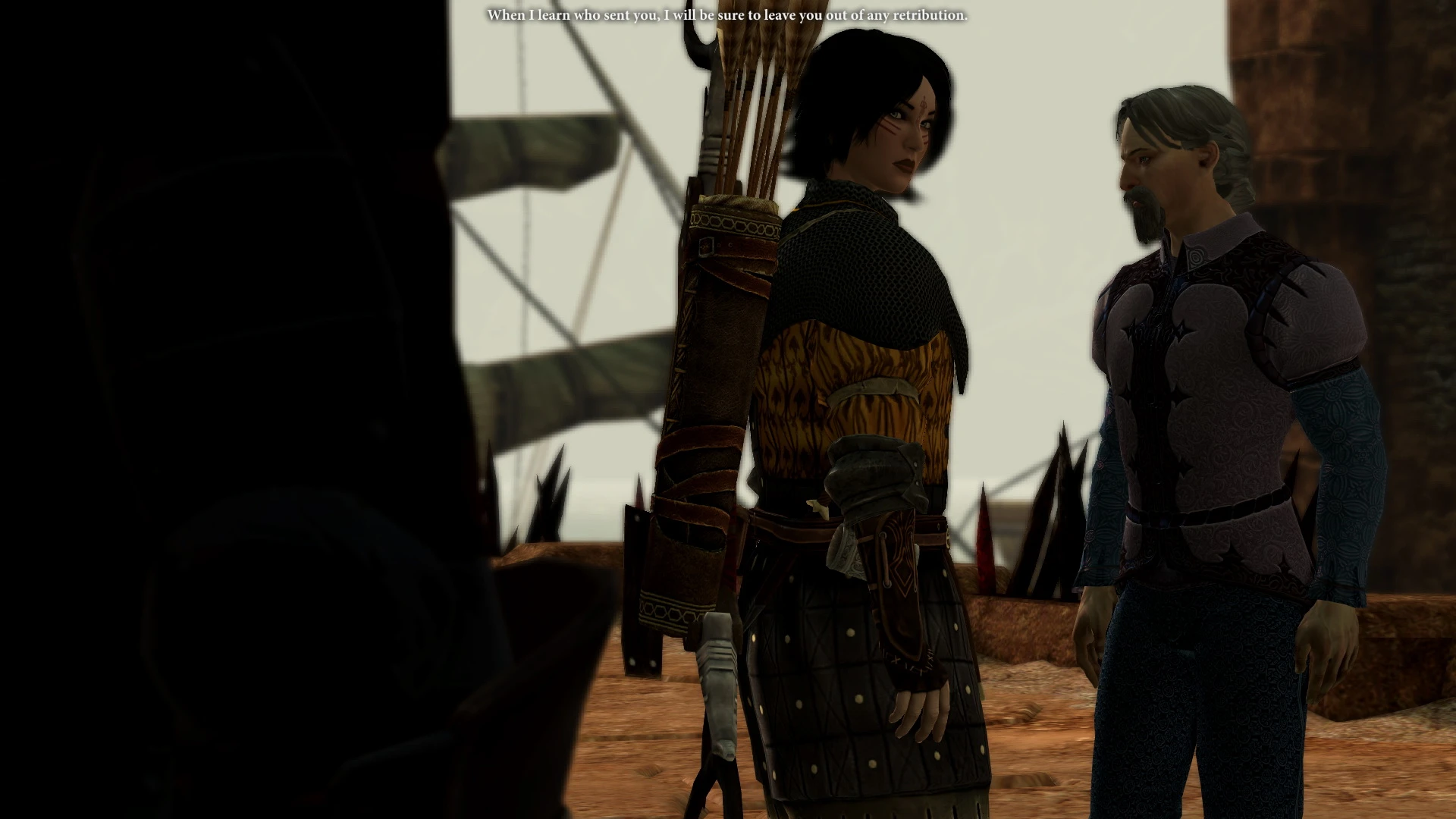
About this image
Paloma Faith — Sexy Minx live in Finland:
https://www.youtube.com/watch?v=fyzxQJ9Xq4k
“Can thy dam?—may’t be?—
Affection! Thy intention stabs the centre!
Thou dost make possible things not so held,
Communicat’st with dreams (how can this be?),
With what’s unreal thou co-active art,
And fellow’st nothing. Then ’tis very credent
Thou may'st conjoin with something, and thou dost
(And that beyond commission) and I find it
(And that to the infection of my brains,
And hardening of my brows).”
William Shakespeare, The Winter’s Tale, Act I, Scene 2, lines 137-46 [Leontes].
Tina Guo — Wonder Woman:
https://www.youtube.com/watch?v=tI2ASp0f7GU
“When curiosity has become free, it takes care to see not in order to understand what it sees, that is, to come to a being toward it, but only in order to see. It seeks novelty only to leap from it again to another novelty. The care of seeing is not concerned with comprehending and knowingly being in the truth, but with possibilities of abandoning itself to the world. Thus curiosity is characterized by a specific not-staying with what is nearest. Consequently, it also does not seek the leisure of reflective staying, but rather restlessness and excitement from continual novelty and changing encounters. In not-staying, curiosity makes sure of the constant possibility of distraction. Curiosity has nothing to do with the contemplation that wonders at being, thaumazein, it has no interest in wondering to the point of not understanding. Rather, it makes sure of knowing, but just in order to have known. The two factors constitutive for curiosity, not-staying in the surrounding world taken care of and distraction by new possibilities, are the basis of the third essential characteristic of this phenomenon, which we call never dwelling anywhere. Curiosity is everywhere and nowhere. This mode of being-in-the-world reveals a new kind of being of everyday Da-sein, one in which it constantly uproots itself.”
Martin Heidegger, Being and Time, Part I, Chapter 5, trans. Joan Stambaugh [the falling prey of Da-sein].









0 comments